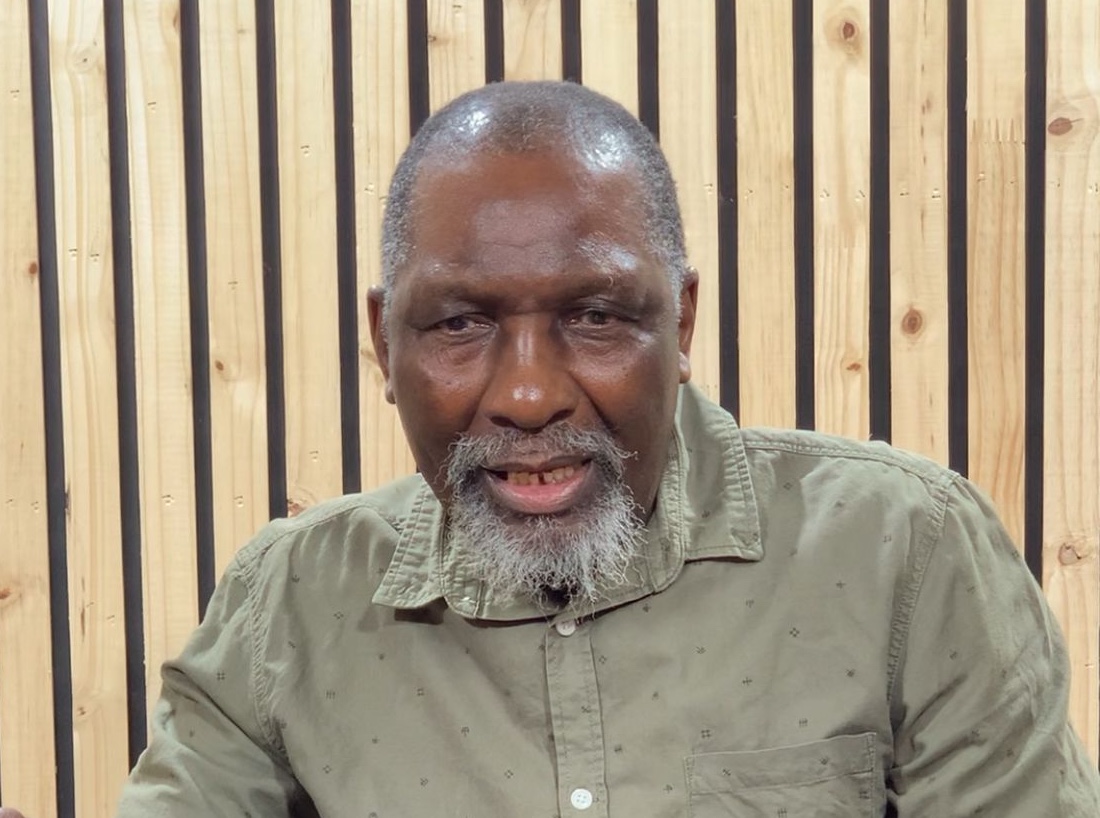A former government minister claims that the Zimbabwe People’s Revolutionary Army (ZPRA) archives, confiscated by Zanu immediately after independence, were handed over to the British and American governments to examine their tactics and undermine their contribution to the liberation struggle.
Moses Mzila Ndlovu, a former co-Minister of National Healing and Integration in the Government of National Unity and former Bulilima West MP, said that because the ZPRA archives were not returned or made available for future generations, a forced historical narrative intended to perpetuate myths and project certain individuals and a one-sided account of liberation history was created.
The contribution of the two armed wings, ZPRA and the Zimbabwe African National Liberation Army (ZANLA), cannot be ignored, however, documentation on ZPRA’s participation in the liberation struggle is scarce as it was confiscated by Zanu.
Ndlovu said ZPRA had values, principles, and ideas they wanted to implement after the liberation struggle, such as devolution, which were contained in their archives but were taken away from them.
“Devolution was part of what we fought for. If you trace the archives of ZAPU, you will find it. Sadly, they were destroyed by Zanu, but I don’t believe that. Instead, Zanu handed them to the American and British governments, the CIA, and MI6,” he claimed during a discussion on why devolution has not been fully implemented in Zimbabwe on CITE’s X space.
The former minister said because ZAPU and ZPRA opposed imperialism and colonialism, it instilled terror in the “hearts of the colonialists” who wanted to learn more about their plans.
“ZPRA was working with the Mkhonto weSizwe of South Africa, the Palestine Liberation Authority of Yasser Arafat, and had links with the IRA of Ireland. There were people known to be ZAPU fighting imperialism, and the late Stanley Gagisa Tjivako Nleya fought together with several other ZPRA members in the Syrian Golan Heights, which today is under Israeli occupation since the 1973 Yom Kippur War,” he said. “This caused fear among the British and Americans at that time, given ZPRA’s relationships in fighting imperialism.”
Ndlovu argued that since 1963, when Zanu began conspiring with Britain and America to subvert the purpose of the struggle, subversion entailed undermining some liberation ideas, including devolution.
“Devolution was part of the ideals of the liberation struggle. If we understand that, we will not fail to see why Zanu is not keen to implement devolution. It is part of their history to deprive people of what they are entitled to,” said the former ZPRA fighter.
“ZPRA fought the liberation struggle and looked at the different interest groups, whether Indians, Whites, Shona, Xhosa, Venda—all sorts of people who were there. ZAPU decided that the only way these various groups could thrive in their localities was to cede some power, laying the foundation for a prosperous, united nation.”
However, Ndlovu claims that in 1980, Zanu ensured that those archives containing such values and principles were handed over to the British, who would keep them in their archives.
“If you visit British museums, you would discover the wealth of African history stored there—from documents to the heads of African leaders who were beheaded and taken to the United Kingdom,” he said. “Recently, South Africa demanded the repatriation of King Cetshwayo’s head to South Africa. You must be aware of the repatriation of Sarah Bartman from the Netherlands. This is part of the history, and part of those archives are in the British Museum.”
The former minister said ZPRA archives were therefore not destroyed by Zanu but could be preserved in those foreign archives.
“Emmerson Mnangagwa is lying that they destroyed them. They did not destroy them but are well-preserved. One day, the people will have access to those documents even long after we are gone,” he concluded.

